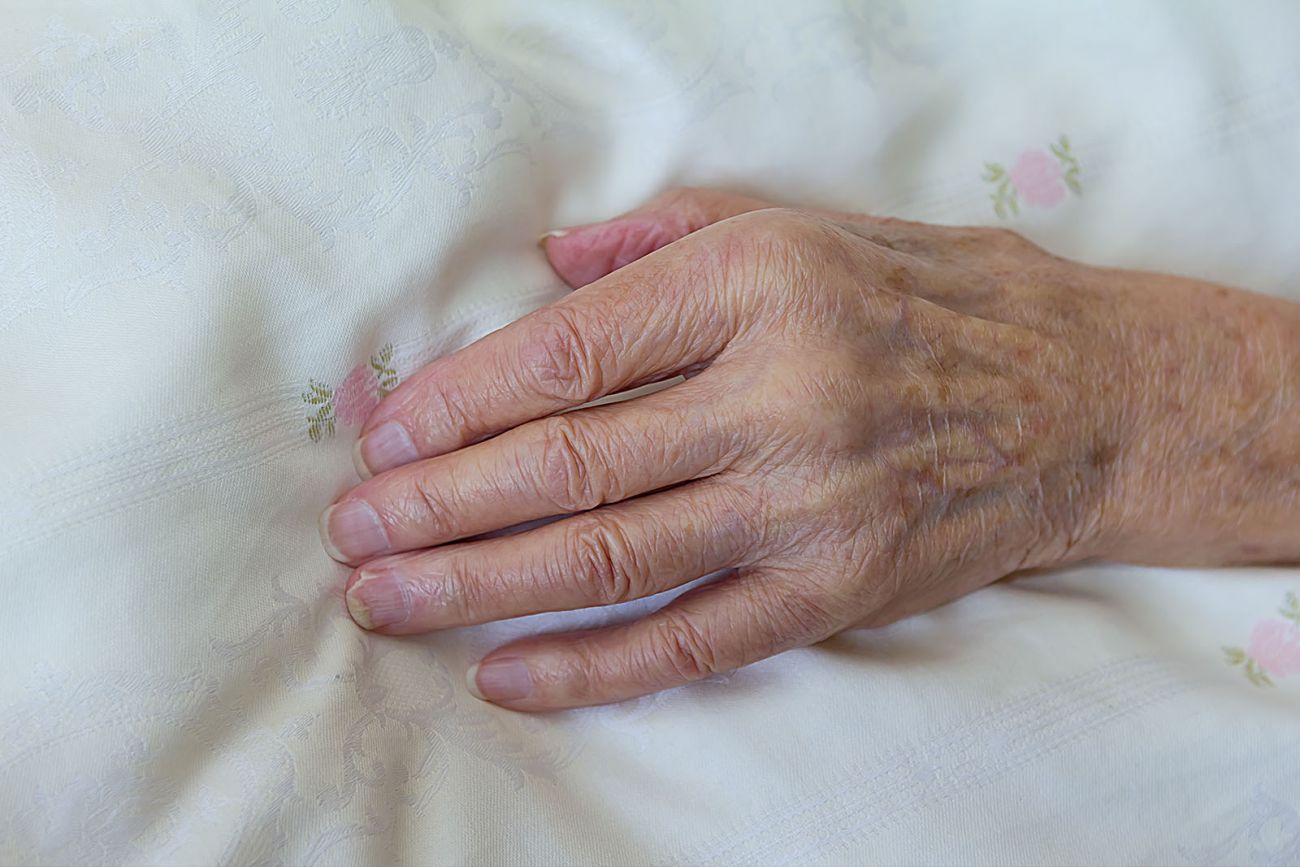
Massage Therapy for Chronic Pain
Although there is no cure for chronic pain conditions, massage therapy will help manage and alleviate pain from these conditions.
Massage therapy can be beneficial for a variety of conditions, when provided by a Registered Massage Therapist. Whether you are in search of help in injury recovery / rehabilitation, day-to-day stress relief or simply interested in maintaining good health, massage therapy can help.

Although there is no cure for chronic pain conditions, massage therapy will help manage and alleviate pain from these conditions.

Palliative care is not designed to cure, but to ensure comfort and support – massage therapy can improve quality of life for those requiring palliative care.

Back pain, neck pain, and pain in the upper extremities are all common complaints among office workers - massage therapy can help stop work from becoming a pain.

People often expect aging to come with increased aches and pains. When it comes to the aches, pain and particular conditions experienced by seniors, massage therapy has a lot to offer.

Massage therapy can improve overall prenatal health for pregnant women, and should be considered an integral part of your regular prenatal care.

Massage therapy can be effective at all stages for an athlete, from the pre-game work out, to treating post-game injuries.

Massage therapy is a viable option to help to relieve the everyday stressors that can contribute to other illnesses, and to help cope with anxiety disorders.